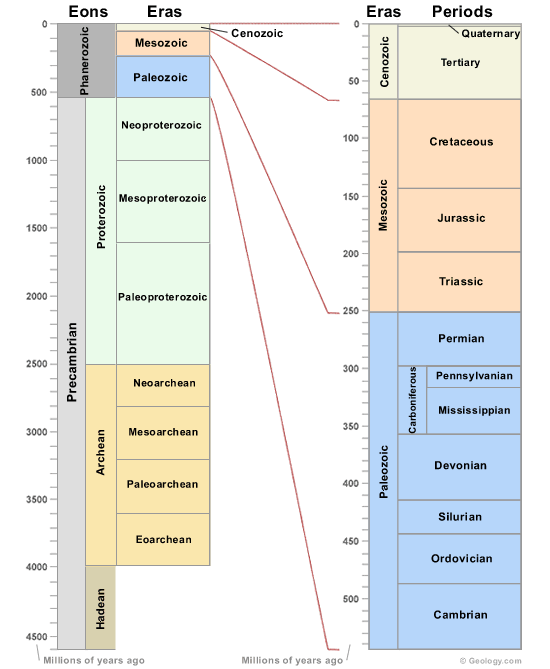Jayhawker Soule wrote:QED wrote:Unlike Mayr I do perceive a pattern in evolution, a kind of Moor's Law ...
How silly of Mayr to overlook Moor's Law.
I deliberately said
a kind of Moor's law because (obviously) biology isn't made out of transistors. I think it's entirely reasonable to expect the course of evolutionary development to be marked by periodic "breakthroughs" or "gear changes". Not that anything changes overnight, but I think the shift away from an anoxic atmosphere represents an enabling event (change of gear) on the grandest of scales. It took a lot of patient work to do it, but once it was done the environment was transformed in a way that would make the next round of innovation happen a lot faster. Maybe you don't believe there's such a thing as natural innovation?
Jayhawker Soule wrote:
This is anthropocentric nonsense - not perception but delusion.
How can you be so sure that it's delusional nonsense? I agree that I'm using the analogy of mechanical gearing as a way of explaining why I think evolution can't be entirely pattern free -- and I'm still sticking to that notion for the time being.
Jayhawker Soule wrote:
Where was your Moor's Law over the 2 billion year prokaryote reign?
Isn't it right there in your figures? (and remember, it's Moor's law not mine)

Eons and Eras in the
Geologic Time Scale above are identified by major shifts in the forms of life on the planet. Remember that I'm not predicting a precise geometrical progression, but an overall picture where stuff gets off to a real slow start but the "next big thing" tends to follow-on in significantly less time. Doesn't the above diagram have anything like that look about it to you?
Put it another way, if something like the Cambrian was inserted between the Archean and Proterozoic it would stand out like a sore thumb -- a frenetic period of "innovation" sandwiched between Eons in which hardly anything changed.
Jayhawker Soule wrote:How does your Moor's Law anticipate the K/T event?
If each Era is entirely due to external catastrophe then it would seem that the "pattern" would be entirely random. But there's a growing consensus that catastrophes aren't directly and solely responsible for major extinctions.
Jayhawker Soule wrote:
Your 'argument' - which amounts to little more than a claim repeated - is essentially ID respun - with your Moor's Law reprising the role of God.
It's an argument from observation, and experience. You seem to be putting emphasis on arbitrary laws dictating what must go on, while I see the hint of a natural, logical, order from which we might derive a law.
Jayhawker Soule wrote:
At this point two things are very clear:
- You chose to ignore everything that Mayr wrote, and
- when you offered
QED wrote:Jayhawker Soule wrote:
If you wish. But the fact remains that to argue that evolution implies a successful SETI or that the failure of SETI serves as an argument against evolution is to wallow in teleology and expose one's ignorance of the theory and process under discussion.
I totally agree.
you were obviously confused.
I still am by your reckoning. I think Mayr is overly pessimistic and I expect there to be a substantial quantity of ETC's in most galaxies. I don't, however, expect them to show-up in SETI.




